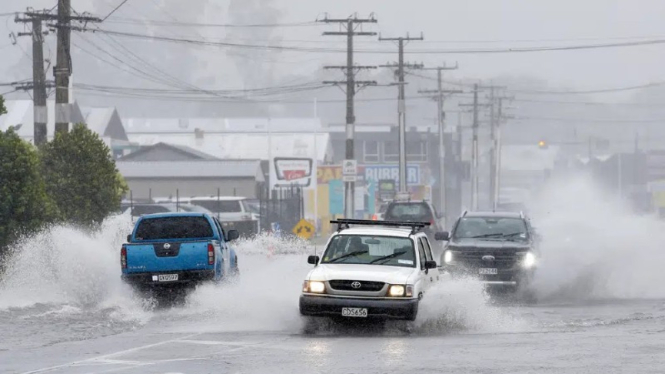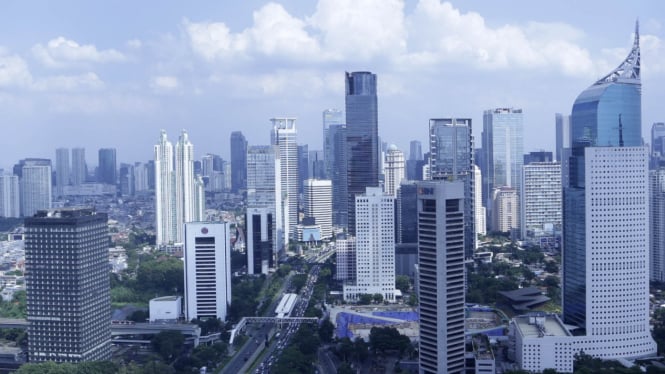28 Meter Tsunami Threatens New Zealand
- Michael Cunningham/Northern Advocate via AP.
New Zealand – A recent research finds that tsunami waves as high as 92 feet (28 meters) probably hit parts of New Zealand in a worst-case eartquake scenario.
In the study, researchers used a new method of examining simulated earthquakes to understand possible tsunami risks to New Zealand's North and South Islands.
They found that the largest waves are likely to strike along the northeast coast of North Island. That's because the Hikurangi subduction zone, where the Pacific tectonic plate dives under the Australian tectonic plate, sits just offshore.
Ilustrasi tsunami.
- pixabay
"There’s a really short timespan [between] when these earthquakes happened and when the tsunami waves hit," said a first author Laura Hughes, a doctoral student at Victoria University of Wellington.
Because of New Zealand's proximity to subduction zones, which can create large, tsunami-generating earthquakes, it's important to understand the risk of these devastating waves.
Previous efforts have used historical quakes to try to understand future risk, said a study senior author Martha Savage, a geophysicist at Victoria University of Wellington.
But historical records only go back about 150 years. Geological studies can turn up evidence of older quakes, but those records are incomplete.
Instead, the researchers turned to a different method: synthetic earthquakes. This method used computer models, into which researchers added everything they know about the geometry and physics of fault systems, including things like the locations of faults and the amount of friction on them.
They then simulated tens of thousands of years of quakes to try to determine how often major ones occur.
The method isn't perfect because the fault systems aren't fully known, Savage said, but it complements the historical and geological record.
"We’re able to put in a variety of properties we think may exist and get that range of potential earthquakes and range of potential tsunamis that may happen,"












